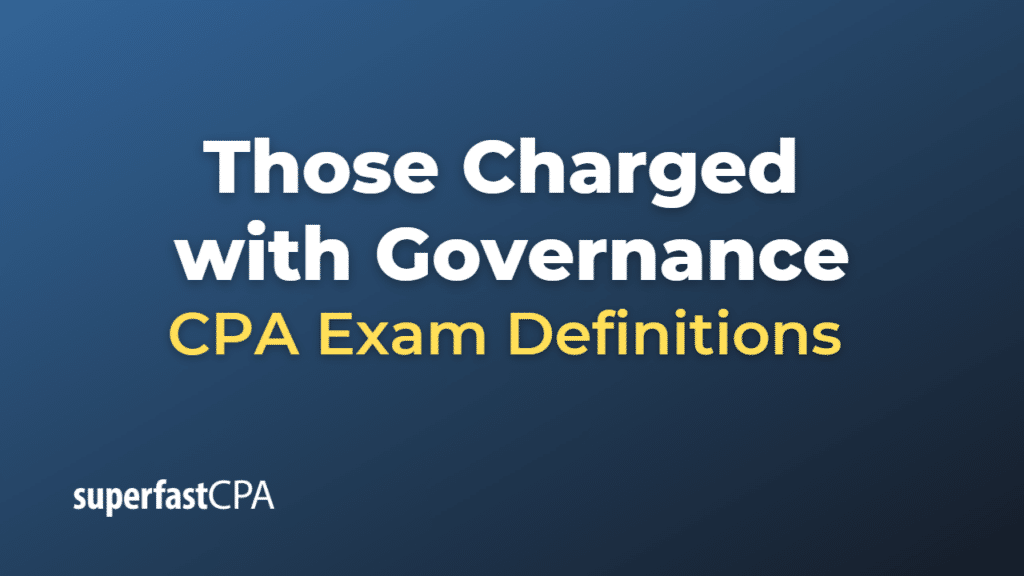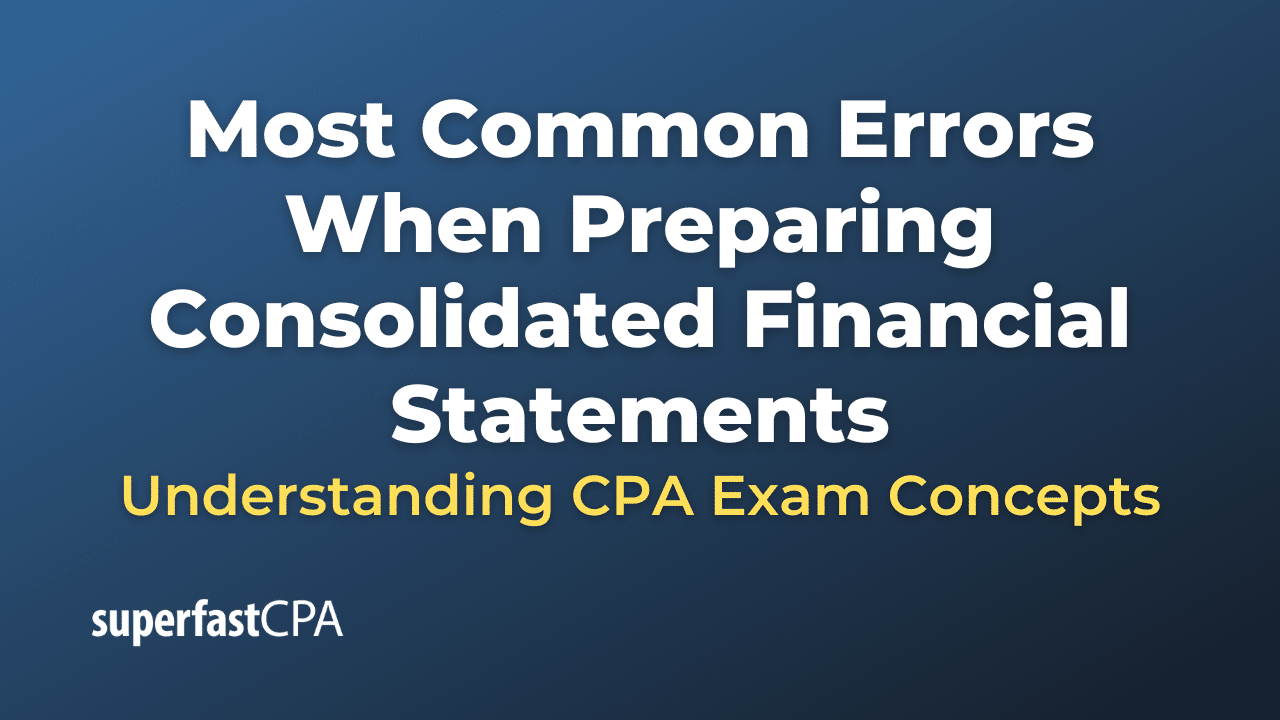Those Charged with Governance
“Those charged with governance” in the context of an audit refers to individuals or groups responsible for overseeing an organization’s strategic direction, financial reporting process, and internal control systems. They are accountable for ensuring that the organization’s financial statements are prepared in accordance with the applicable financial reporting framework and that the organization operates in a transparent and compliant manner.
Typically, those charged with governance include:
- Board of Directors: The board of directors is a group of elected or appointed individuals who represent the interests of the organization’s shareholders or stakeholders. They are responsible for establishing strategic objectives, approving budgets, and ensuring that the organization’s financial reporting and internal control systems are effective.
- Audit Committee: The audit committee is a subcommittee of the board of directors, usually composed of independent, non-executive directors with financial expertise. The audit committee’s primary responsibilities include overseeing the financial reporting process, monitoring the effectiveness of internal controls, and maintaining communication with the organization’s external and internal auditors.
- Trustees or Governing Body: In nonprofit organizations, such as charities or educational institutions, those charged with governance may include a board of trustees or a similar governing body responsible for overseeing the organization’s operations and financial reporting.
The role of those charged with governance is essential in the audit process, as they are the primary point of contact for auditors to discuss significant audit findings, risks, and recommendations. Effective communication between the auditors and those charged with governance is crucial to ensure that significant matters are appropriately addressed, and the financial statements are fairly presented.














